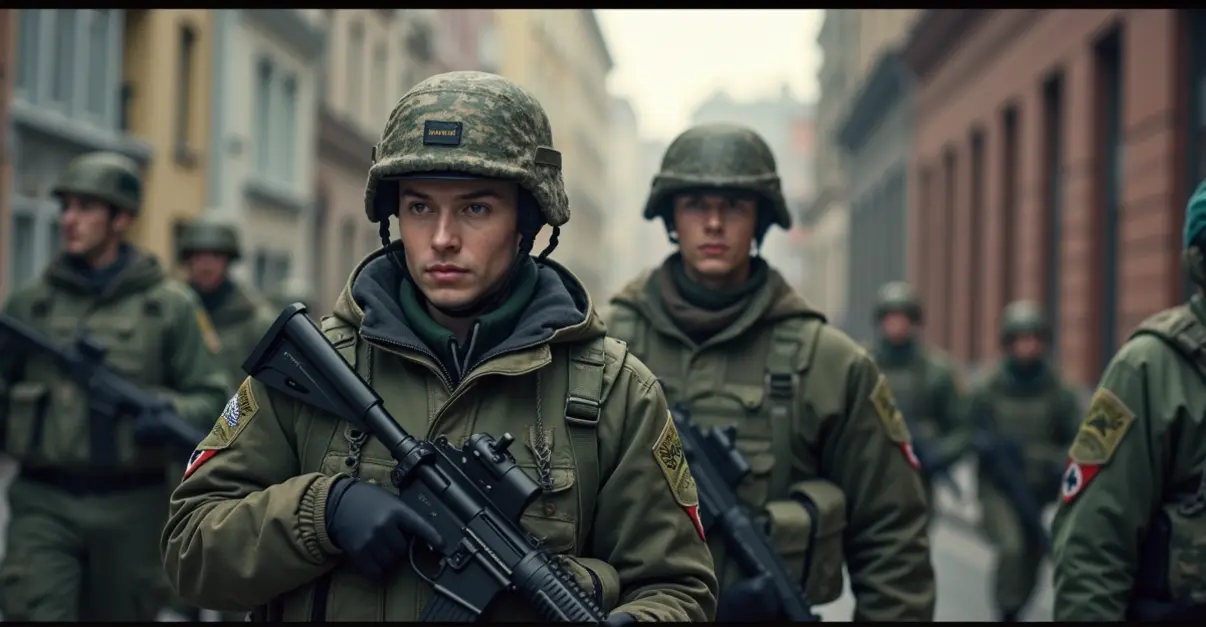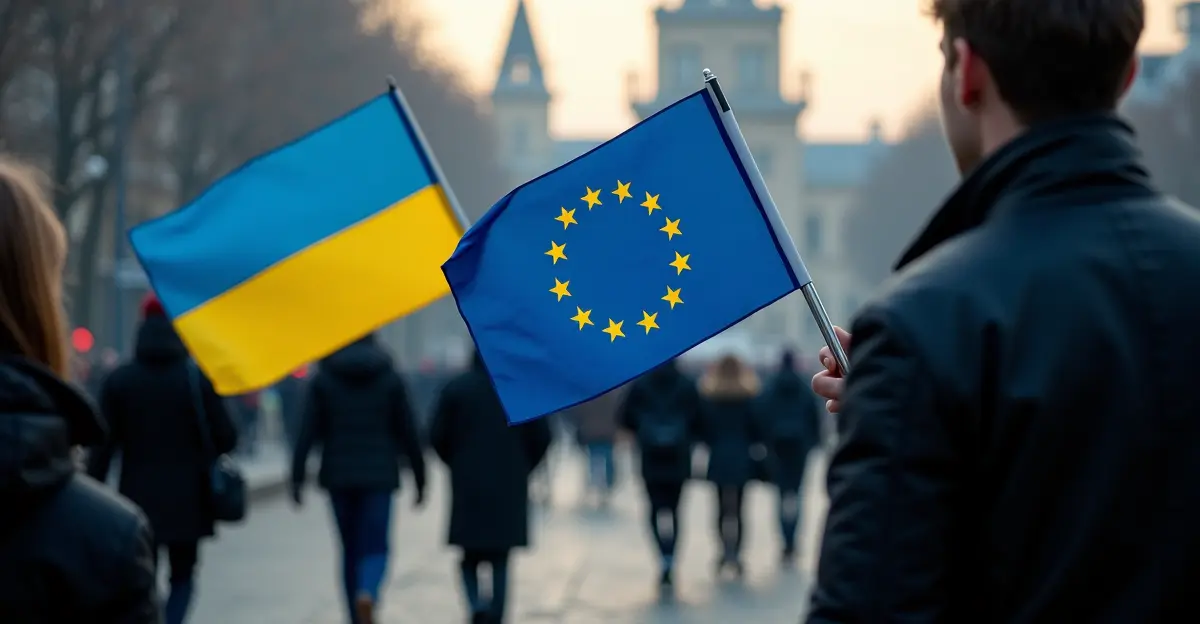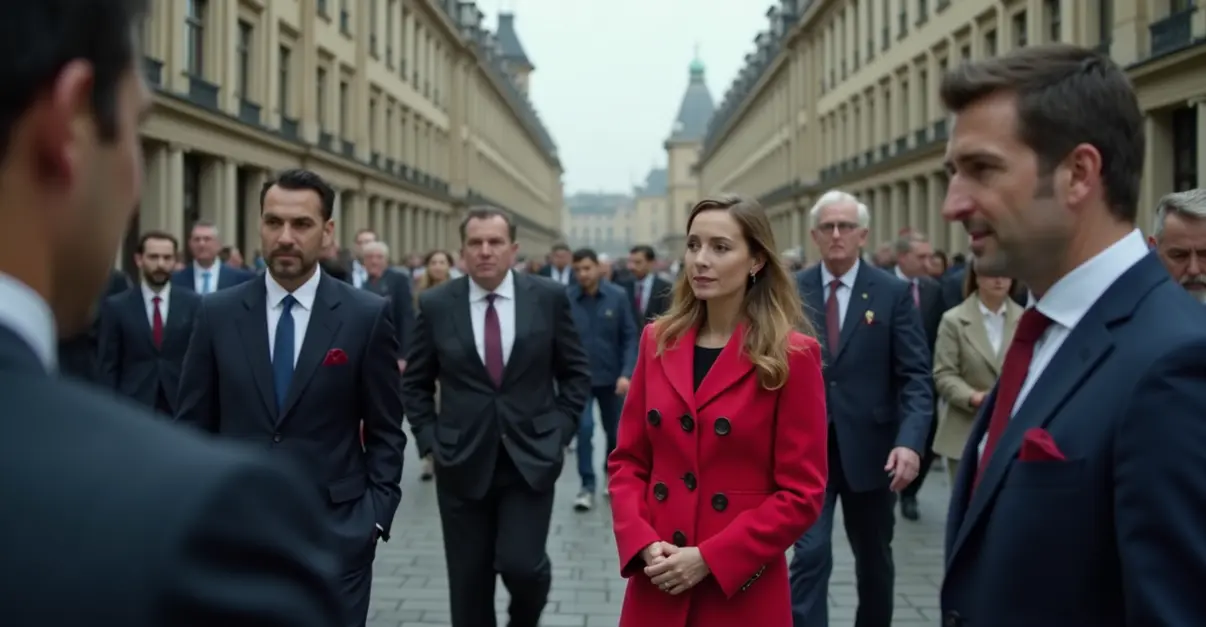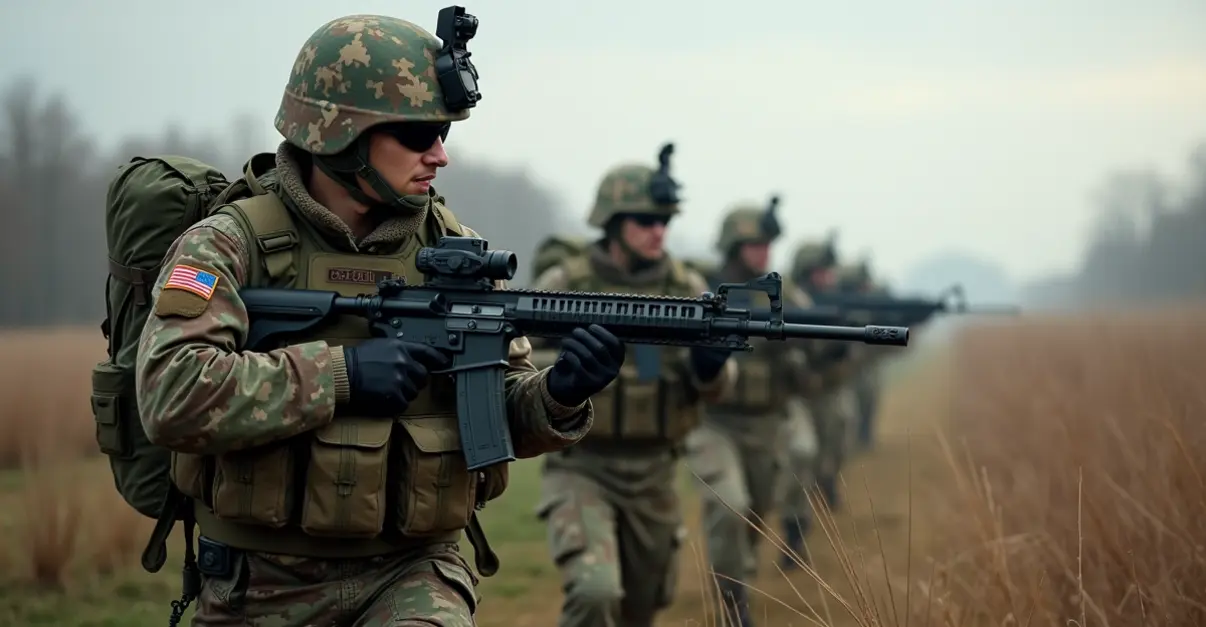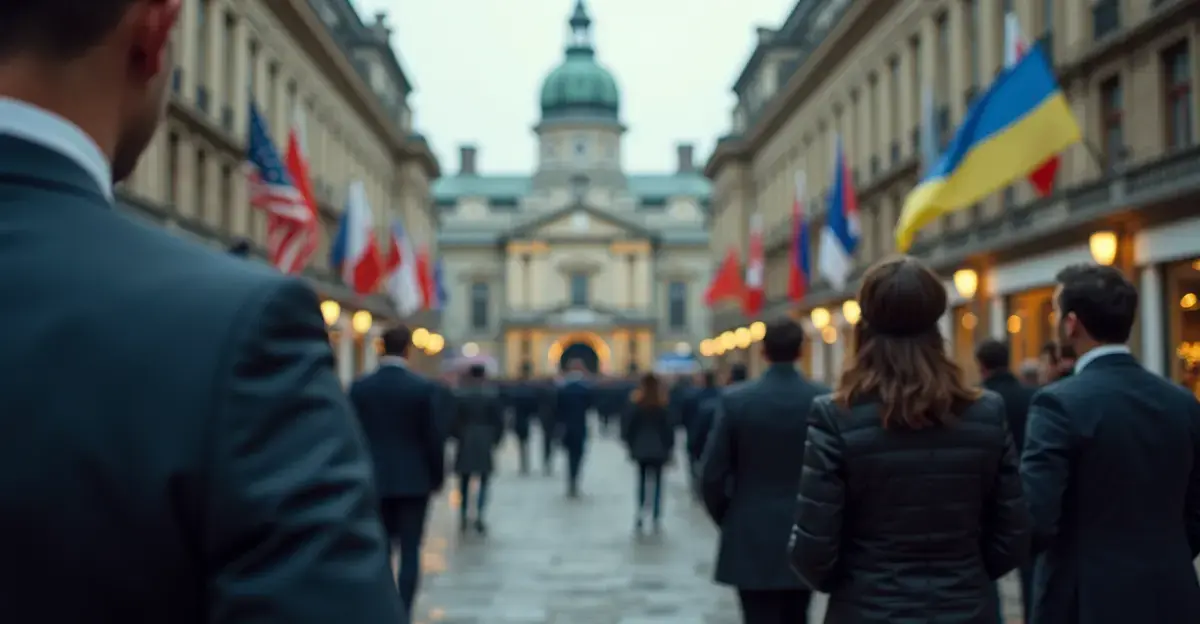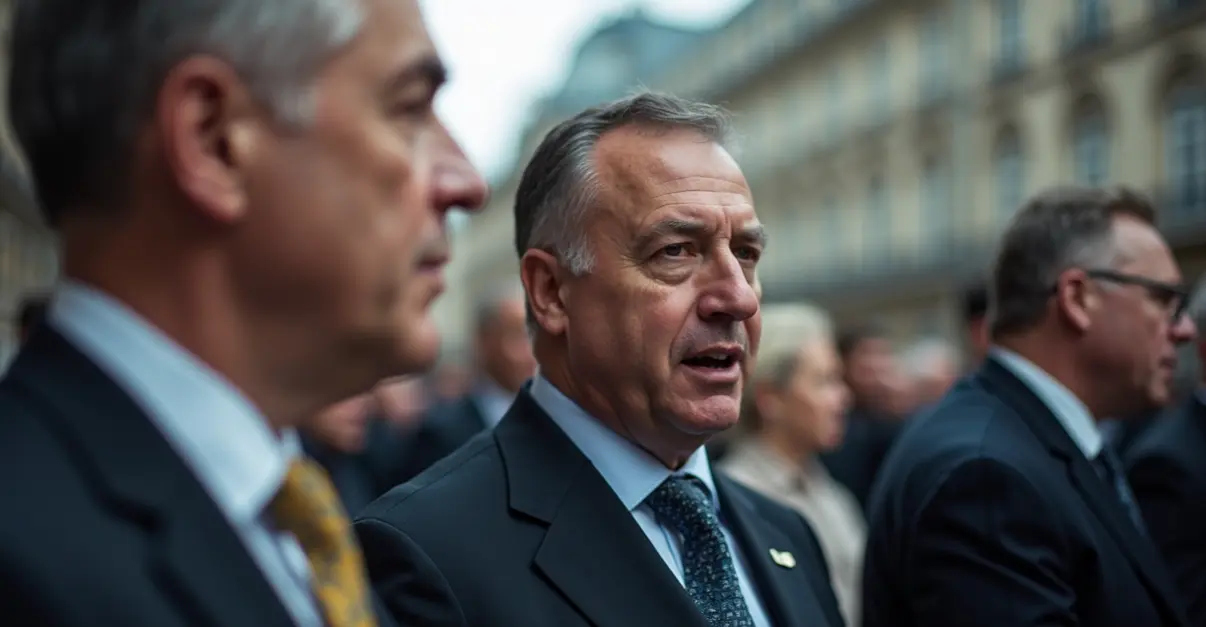London Meeting Strengthens Support for Ukraine
In a significant show of Western unity, leaders from the coalition of the willing gathered in London to coordinate increased pressure on Russia and enhanced military and financial support for Ukraine. The meeting, attended by British Prime Minister Keir Starmer, NATO Secretary General Mark Rutte, Ukrainian President Volodymyr Zelensky, and Dutch caretaker Prime Minister Dick Schoof, resulted in concrete agreements to accelerate weapons deliveries and tighten sanctions.
'It is clear that President Putin is the only one who does not want to stop this war,' Starmer stated during the press conference, emphasizing the need for continued international pressure. The British leader praised recent sanctions against Russian oil companies and called for broader European action.
Energy Sector Under Attack
President Zelensky highlighted Russia's strategy of targeting Ukraine's energy infrastructure as winter approaches. 'Russia is using the cold winter as a weapon against Ukraine by attacking our energy sector,' he warned, calling for comprehensive sanctions against all Russian oil companies and their shadow fleet operations.
According to Wikipedia, the ongoing conflict has caused massive damage to Ukraine's infrastructure, with reconstruction costs estimated at over $400 billion.
Air Defense and Long-Range Weapons
The coalition agreed to strengthen Ukraine's air defense capabilities, with Starmer announcing accelerated delivery of 140 missiles through a rocket production program. Zelensky's request for Tomahawk missiles from the United States remains pending, though leaders indicated ongoing discussions with the Trump administration.
NATO Secretary General Rutte expressed confidence in the strategy, stating 'Putin is running out of money, troops, and ideas - now is the right time to increase pressure.'
North Sea Operations and Financial Support
Dutch Prime Minister Schoof committed to addressing illegal Russian shipping in the North Sea while emphasizing support for Ukraine's damaged energy sector. 'It is crucial to help Ukraine through the winter by supporting the heavily affected energy sector,' he noted, confirming Dutch financial and material assistance.
The financial dimension gained particular attention with discussions about utilizing frozen Russian assets. Starmer announced 'absolute clarity that progress must be made quickly on using frozen Russian assets to support Ukraine.' The European Union is exploring options to use approximately €185 billion in frozen Russian funds as collateral for €140 billion in loans to Ukraine.
As Wikipedia details, most frozen Russian assets are held in Europe, with ongoing debates about their legal use for Ukrainian reconstruction.
International Coordination Challenges
The meeting revealed both unity and challenges within the Western alliance. While 26 of 27 EU countries supported exploring options for Russian asset utilization, Hungary declined to sign the final declaration. The coordination between European leaders and the Trump administration on weapons deliveries also remains a work in progress.
The London gathering demonstrates the continued commitment of Western nations to supporting Ukraine's defense while increasing economic pressure on Russia. As winter approaches, the effectiveness of these coordinated measures will be crucial for Ukraine's ability to withstand ongoing attacks and maintain its defensive capabilities.

 Nederlands
Nederlands
 English
English
 Deutsch
Deutsch
 Français
Français
 Español
Español
 Português
Português
